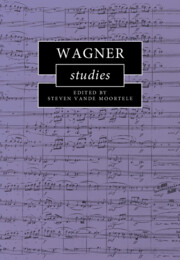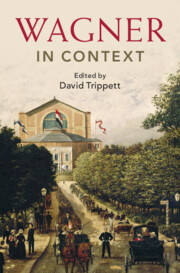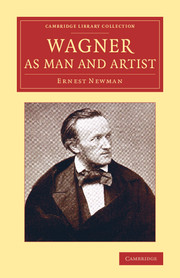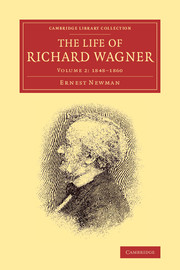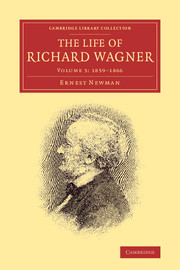Wagner Studies
While the music of Richard Wagner has long served as a touchstone for music-theoretical and analytical models both old and new, music analysts have often been intimidated by the complexity of his works, their multi-layeredness, and their sheer unwieldiness. This volume brings together ten contributions from an international roster of leading Wagner scholars of our time, all of which engage in some way with analytical or theoretical questions posed by Wagner's music. Addressing the operas and music dramas from Die Feen through Parsifal, they combine analytical methods including form-functional theory, Neo-Riemannian theory, Leitmotiv analysis, and history of theory with approaches to dramaturgy, hermeneutics, reception history, and discursive analysis of sexuality and ideology. Collectively, they capture the breadth of analytical studies of Wagner in contemporary scholarship and expand the reach of the field by challenging it to break new interpretative and methodological ground.
- Provides a state of the field of Wagner analysis in contemporary music scholarship
- Brings together authors using a variety of methodological approaches to Wagner analysis
- Connects music theory and analysis to broader scholarly debates
Product details
May 2025Hardback
9781108837064
262 pages
244 × 170 mm
Not yet published - available from May 2025
Table of Contents
- List of figures
- List of tables
- List of music examples
- List of contributors
- Introduction: analyzing Wagner Steven Vande Moortele: Part I Orientations:
- 1. 'Wo sind wir?': Tristan Disorientations Arnold Whittall
- 2. Bottoming for Wagner: listening, analysis and (gay-male) subjectivity Matthew Bribitzer-Stull
- Part II. Form, Drama and Convention:
- 3. Wagner and the uses of convention? La solita forma from Die Feen through Lohengrin William M. Marvin
- 4. Elsa, Ortrud, the grail and the forbidden question: formal functions and rotational form in Lohengrin Graham Hunt
- 5. Scena, form and drama in act 1 of Die Walküre Steven Vande Moortele
- Part III. Time, Texture and Tonality:
- 6. Time, sound and regression in Tristan und Isolde Tobias Janz
- 7. Waltraute's plaint: Riemannian tonal function and dramatic narrative J. P. E. Harper-Scott and Oliver Chandler
- 8. Wagner's Late Counterpoint Ariane Jeßulat
- Part IV. Reception:
- 9. Silence and Gesture in Mahler's Ninth Symphony and Wagner's Parsifal Anna Stoll Knecht
- 10. Wagner's early analysts Alexander Rehding
- Bibliography
- Index.

